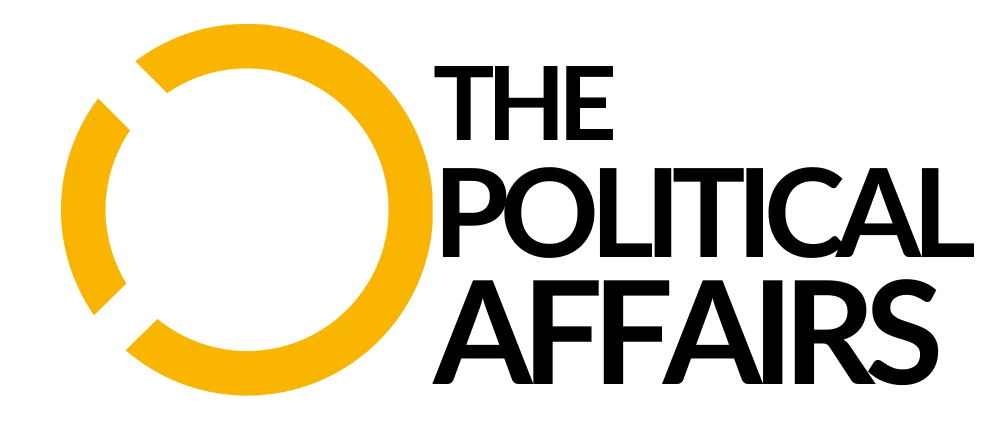“The West must realize that for Russia, Ukraine will never be a foreign country” which in one sentence Kissinger brilliantly describes Ukraine and its relationship with Russia.
The two countries shared a common and intertwined history from the time of the Kievan Rus’ and were inseparable for centuries. Today Ukraine is a bilingual country that speaks Ukrainian and Russian in the east of the country. In the country, there is a significant Russian minority that is also mostly in the east.
The great theorist Zbigniew Brzezinski said that “Russia without Ukraine would be an Asian great power rather than European and independence of Ukraine is a major geopolitical setback for Russia.”
Ukraine is a vital national interest of Russia
Furthermore, Russia annually until 2005 for Ukraine used to spend $3 to 5 billion and supply of gas far below the market price while the European Union from 1991 to 2013 has spent $ 4.6 billion overall. Important also are public opinion polls which, according to Western values are important for democracy because they should be accountable to the electorate. It is expected for a policy of expansion to be pursued there should be clear and expressed desire of the citizens to join the alliance for NATO and Ukraine to implement the connection successfully.
But the figures do not show that in the survey conducted by Razumkov Centre in 2006, 61% of the population is against Ukraine’s membership in NATO. However, from the same agency, polls are showing a downward trend in the period up to 2015. All this suggests that Ukraine is an important country for Russia and is it’s a huge national interest. It’s a country that is divided and with a fragile society that is on the border with Russia with great geostrategic importance.
The Ukrainian Crisis timeline
The crisis began immediately after the Ukrainian government had rejected a Stabilization and Association with the European Union on November 21, 2013, and later decided to sign a trade agreement with Russia on December 17. The agreement envisaged assistance to Ukraine worth $ 15 billion and reduced price for natural gas from Russia.
Immediately after these events began violent protests which in late January turned violent and deadly. Protests experienced their climax on February 20 when 88 people were killed, and the very next day an agreement was signed between Viktor Yanukovych and the opposition. The next day the contract becomes void when protesters de facto were in power, and Yanukovych leaves the country.
It was clear that the pro-European protesters who took power in themselves have strong anti-Russian elements as a neo-fascist party “Freedom (Svoboda)” which the European Union described as anti-Semitic and xenophobic. US Ambassador to Ukraine after the events said this was “a day for the history books of Ukraine.” These developments reflected the situation provided in the agenda of the West, which is the insertion of Ukraine in the western sphere of influence. For Putin, this is only a precursor to the later joining of Ukraine to NATO and complete integration to the West.
The response of Russia
Soon followed a stinging response from Russia where Putin on March 1 received approval from the Russian Parliament to use force to protect Russian interests. On March 16 the Crimea in the south held a referendum on the secession of Crimea from Ukraine and joining Russia.
Crimea which is part of Ukraine only from 1954 as a gift from former President Nikita Khrushchev where the majority of its citizens are Russian population approves the referendum with 96% of the vote for a union with Russia. Immediately after Putin on March 18 passed a bill to merge Crimea with Russia.
The merger was relatively easy because of existing military bases on the Black Sea which Russia owns on the peninsula, and a large number of members of the Russian army and the annexation happened practically without a shot being fired.
On the same day, Putin gave a speech at the Duma stating that “Russia couldn’t have left Crimea and leave its citizens in trouble”. Furthermore adding that “anti-Semitic and anti-Russian militant groups carried out the coup and that Russian citizens are concerned about the repression and violating of their rights.” He further calls on the precedent in Kosovo where according to him the secession was unilaterally performed like it was in Crimea, and that in the same way, Ukraine gained independence from the Soviet Union, so the international law has not been violated.
In his speech, Putin clearly addresses the disregard of the Russian interests with the expansion and the installation of missile defense near their borders.
“They must have really lacked political instinct and common sense not to foresee all the consequences of their actions. Russia found itself in a position it could not retreat from (…) Russia is an independent, active participant in international affairs; like other countries, it has its own national interests that need to be taken into account and respected (…) what would this have meant for Crimea and Sevastopol in the future? It would have meant that NATO’s navy would be right there in this city of Russia’s military glory, and this would create not an illusory but a perfectly real threat to the whole of southern Russia.”
It seems clear that for Russia, Ukraine represents a vital part of its foreign policy and had greater incentives than the West to deter the country being pulled into the West’s orbit. Therefore Ukraine, which is a country on the geopolitical crossroads faced with unfortunate political events, pushed the country into one of the worst conflicts in Europe.

